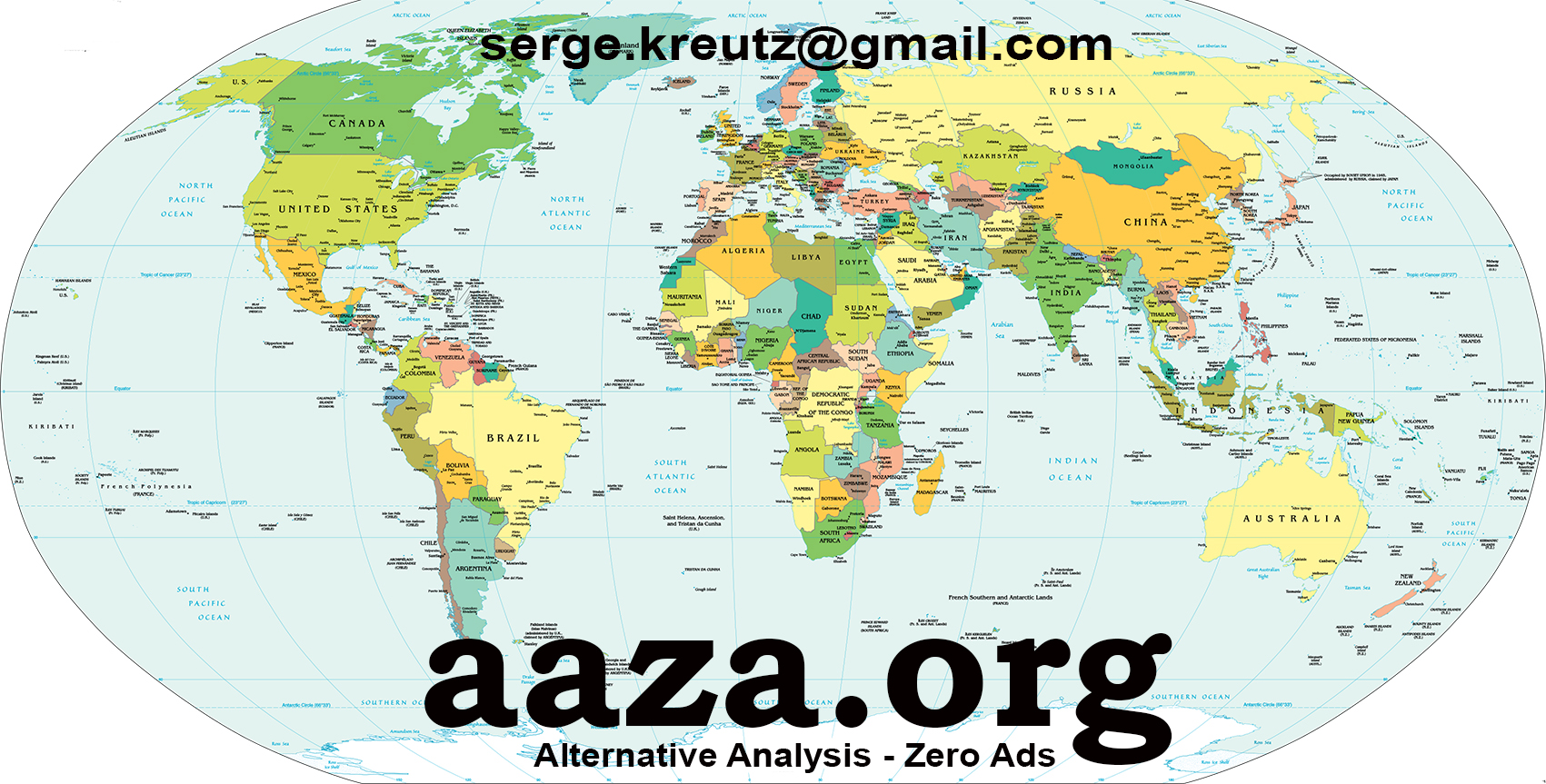Geography has always shaped the human story, and it continues to define the conditions of our lives today. Where you are born and where you live determine whether your daily reality is comfort or misery, freedom or repression, prosperity or poverty. Geography is not a backdrop; it is an active force.
The science of geography is sometimes dismissed as descriptive, a mere catalog of rivers, mountains, and borders. But geography is predictive, too. Jared Diamond (1997) famously noted, “History followed different courses for different peoples because of differences among peoples’ environments.” In short: geography dictates possibility. A fertile valley or a navigable river may give rise to commerce, while an arid plain may yield famine. The fortunes of nations and the fates of individuals are written into their coordinates.
For the individual, the stakes are just as high. If you are born into a region of civil war or recurring famine, your chances of success are not merely limited—they are assaulted by circumstance. “Poverty is the absence of geographic luck,” as economist Paul Collier (2007) bluntly argued. It is not intelligence or willpower alone that matters but whether your environment permits flourishing. A refugee fleeing Syria, or a villager leaving a drought-stricken Sahel community, understands geography better than any textbook can explain.
Yet mobility changes the equation. If your passport allows it, you can leave. Geography is not only a prison; it is also a map of escape. As migration scholar Hein de Haas (2021) put it, “Migration is not a sign of failure; it is a fundamental expression of human freedom.” To move is to renegotiate your life with geography itself. A better climate, safer streets, or stronger infrastructure are not abstract improvements—they are the difference between despair and dignity.
Even the privileged of wealthy nations are not immune to geography’s pull. Many find that their prosperity multiplies when transplanted. A retiree from Germany living in Thailand, or a remote worker from the United States thriving in Vietnam, may discover that geography, in fact, makes their money, health, and relationships go further. “I never knew I could live so well until I moved,” is a refrain heard often in expatriate circles. Geography enables new forms of success, including romantic and social lives unshackled from Western constraints like ageism or rigid status hierarchies.
This is why geography is more than academic. It is the science that equips us to understand why some places nourish human flourishing and others stifle it. It teaches us that “miserable conditions are territorial,” and that while reforming entire systems is noble, survival often depends on relocation. For the individual, moving is frequently easier than fixing. This is not cynicism but realism.
Ultimately, geography is the silent determinant of human possibility. It decides whether your life is short or long, restricted or free, lonely or full. To know geography is to know the rules of the game—and to learn how they might be bent or escaped. We ignore geography at our peril. We live it, every single day.
